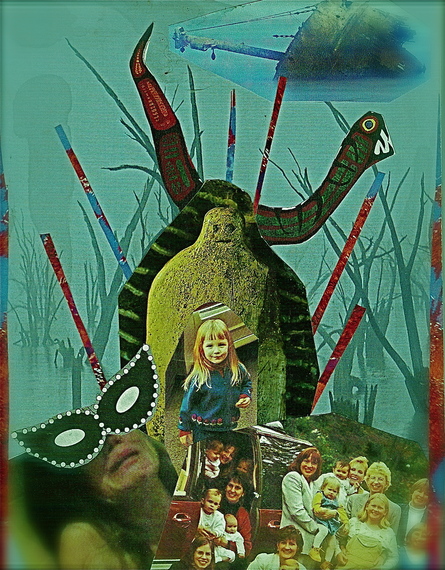The Tree of Forgiveness, Edward Coley Burne-Jones, 1885
Greek legends tell how Phyllis, queen of Thrace, fell in love with Demophoön, king of Melos, who visits her court en route for Athens after the Trojan War, where he had hidden inside the legendary Trojan Horse. He left the court, but when he failed to keep his promise to return within a month, she committed suicide, whereupon Athena, taking pity on her, turned her into an almond tree. Eventually, Demophoön returned to Thrace and, discovering what had happened, embraced the tree, which immediately burst into blossom.
Between you, me, and the almond tree, in the painting above, Demophoön looks as if he doesn't expect to be forgiven.
Memory is very important to me, but I've learned not to hold grudges. Grudges are all about keeping your pain, fear and anger alive. By doing this, you allow the grudge to control you. Your memory is not just a recollection, it's a reenactment. It initializes all your emotions just as if it were happening again, a recording in constant rotation shooting you back in time. In reality there is no time jump, but you are stuck in time.
Forgiving means that the memory no longer has the power to control you, to make you suffer in quite the same way. The blade of memory may make you wince, but you no longer bleed so profusely. You've taken the pain and anger and sorrow into you, but you've released the vilest portion of it, the part that made you feel less than, lowly, vulnerable.
A lot of bad people did bad things around me and to me and to people I loved when I was a kid, so how did I manage to survive, much less forgive? Forgiveness wasn't this huge benediction bestowed on the evildoers in my life. It was the sure knowledge that I wasn't like those people and didn't want to be like them. This gave me hope.
Lack of forgiveness, grudges, and revenge arise from a lack of hope, a core belief that nothing changes. Change is my mantra.
I never forget, but I have discovered the capacity to forgive by letting go of my fear. Fear makes me sad and my childhood was overlain with fear and sadness which in my teens I camouflaged with anger. Fiery anger can be tinged with righteous purity, masking any true knowledge.
My camouflage worked so well that it took me years to realize that I was still letting fear rule me. Drat! I still had to deal with those memories and how stuck I was in the past. Writing helped me ferret out many of those emotions, examine them in detail, endow my characters with all the depth and nuance of being simultaneously good and bad.
This happened when I had a solid sense of who I am, and knew that the essential Sandra would persevere. The joy I feel in the world starts inside of me and radiates out.
I'm not a Pollyanna, a foolishly optimistic nutcase. I have felt both despair and hope. The memories of both states are not just in my brain. The feelings they generated are buried deep within the muscle tissue, sinews, veins and capillaries of my body. I can activate them. I know where they live.
Also at www.bloodmother.com


